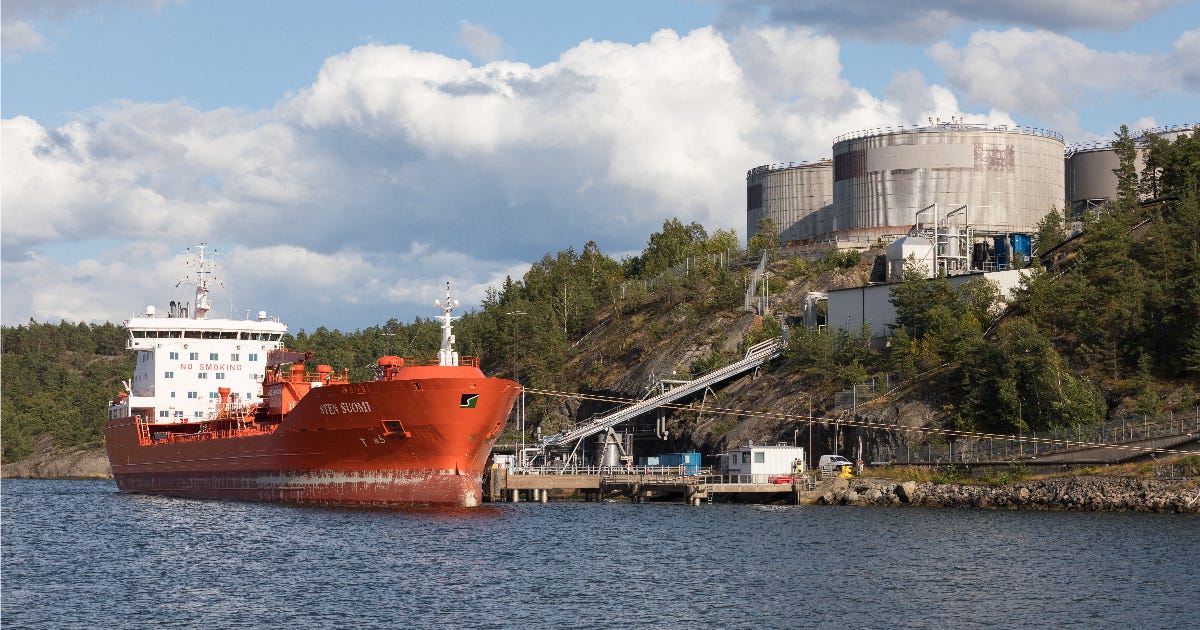Danielle Smith wins as Ottawa scraps emissions cap, paves way for Asia-bound pipeline
Alberta and the federal government have signed a sweeping energy agreement that includes building a new Indigenous-co-owned bitumen pipeline to Asian markets.
Alberta and the federal government have signed a sweeping energy agreement that includes building a new Indigenous-co-owned bitumen pipeline to Asian markets, the suspension of the federal Clean Electricity Regulations, and a commitment from Ottawa not to implement the oil and gas emissions cap.
Alberta and Ottawa have signed a memorandum of understanding (MOU) to collaborate on major energy infrastructure, carbon-reduction projects, and regulatory reforms. The deal was signed on Thursday.
The MOU states that Alberta, Ottawa, Indigenous Peoples, and the industry must “work together cooperatively… to foster the conditions necessary for infrastructure, including pipelines… that will unlock and grow natural resource production and transportation in Western Canada.”
The provincial government called the agreement “a critical step towards achieving Alberta’s and Canada’s shared goal of turning our country into a world energy superpower.”
Central to the deal is a new privately financed pipeline to transport more than one million barrels per day of low-emission Alberta bitumen to a deep-water port with access to Asian markets. The MOU specifies that the project will be ready for submission to the Major Projects Office by July 1, 2026. This pipeline will be in addition to expanding Trans Mountain for an extra 300,000 to 400,000 barrels per day to Asia.
The federal government agreed to adjust the Oil Tanker Moratorium Act to facilitate construction if the pipeline is approved under the Building Canada Act.
Alberta Premier Danielle Smith called the agreement a new starting point for nation-building.
“This is Alberta’s moment of opportunity to take the first steps toward being a global energy superpower and show the nation that resource development and sustainability can coexist,” she said.
The deal also includes federal concessions long sought by Alberta’s energy sector. The federal government officially committed to not implementing the federal oil and gas emissions cap and pledged to immediately suspend the Clean Electricity Regulations.
Alberta and the federal government agreed to design a long-term carbon pricing system through Alberta’s Technology Innovation and Emissions Reduction (TIER) system by April 1, 2026.
The Prime Minister’s Office said the agreement represents a shift toward diversifying Canada’s energy export markets and reducing reliance on the United States.
“We want to build big things, and we’re building bigger and faster together,” Prime Minister Mark Carney said.
Both governments also committed to advancing the Pathways Plus carbon capture, utilization, and storage project, which Alberta describes as “the world’s largest” Carbon Capture, Utilization, and Storage (CCUS) initiative. The Pathways Project is described as “mutually dependent” with the bitumen pipeline.
While the MOU lists independent tasks for both Alberta and Canada, the lengthiest list details things the two governments will accomplish together.
The first collaborative task is to immediately engage with British Columbia in a “trilateral discussion on the pipeline project.” The MOU specifies that the B.C. government will be involved, particularly to engage with B.C. First Nations.
On Tuesday, under questioning from Conservative Leader Pierre Poilievre, Carney stated that the MOU “creates necessary conditions, but not sufficient conditions…We believe the Government of British Columbia has to agree. We believe that First Nations right-holders in this country have to agree.”
The memorandum was signed the day after a local First Nation and municipal government in B.C. said they told Smith she would not be able to build a pipeline on their land, leaving unanswered questions about what happens if the B.C. Government and First Nations do not support a pipeline.
A carbon pricing equivalency agreement, a methane equivalency agreement, a tri-lateral MOU with the Pathways companies, and an impact assessment are all expected by April 1, 2026.
Alberta will determine the means by which it can submit its pipeline application to the Major Projects Office by July 1, 2026.





"We believe the Government of British Columbia has to agree. We believe that First Nations right-holders in this country have to agree.”
So the deal is dead right out of the gate.
Commie eby and his bands of greedy land grabbing unelected grifters should have zero say. So tired of a tiny minority holding the vast majority to ransom. Well past time to abolish the indian act, defund the reserves and cut all the handouts and let them contribute to society like the rest of us.